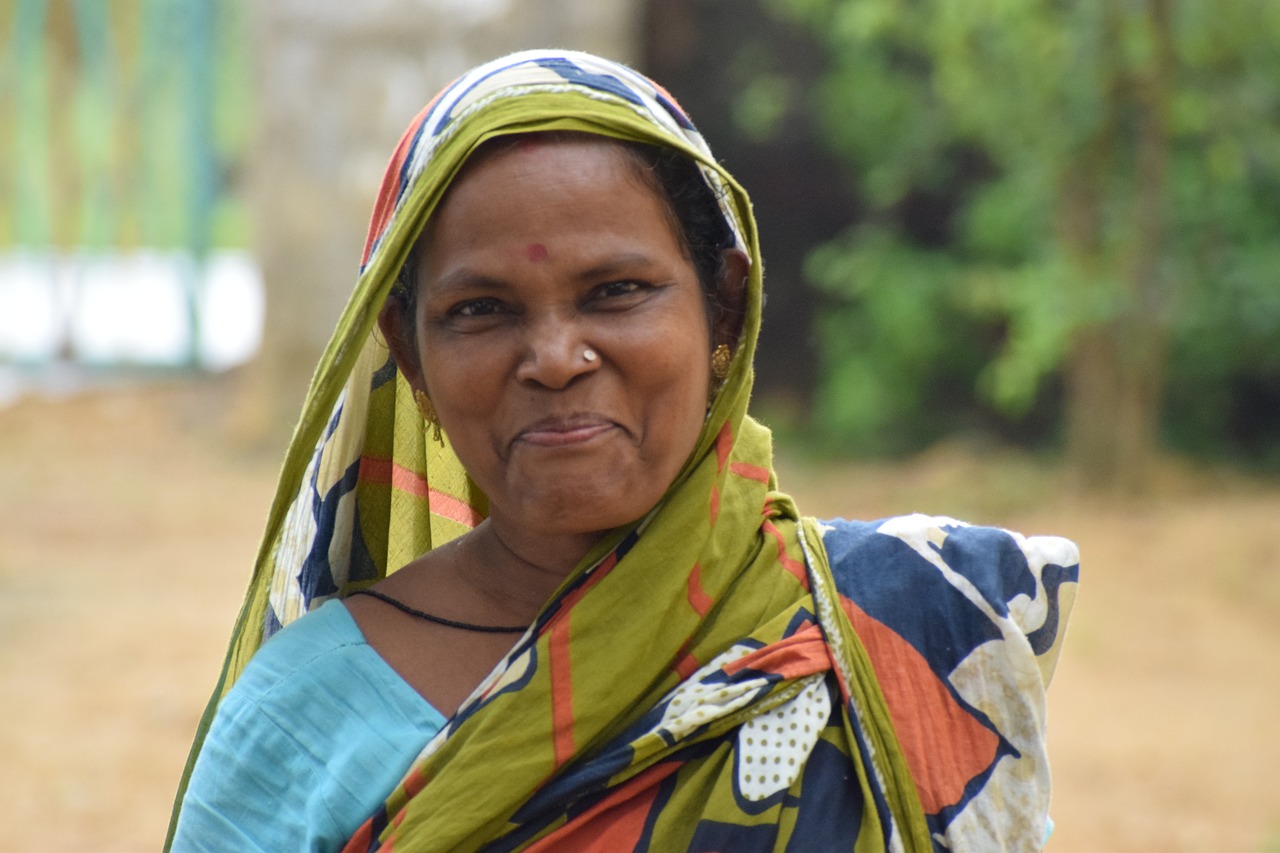Grassroots Organizing in Rural Communities: Challenges and Solutions
allpannel com, play 99 exch, gold id 365: The Role of Grassroots Mobilization in Legislative Advocacy
Advocacy is the act of speaking or acting on behalf of a cause or an individual. Legislative advocacy, in particular, involves influencing government policies, decisions, and laws. Grassroots mobilization plays a crucial role in legislative advocacy by empowering individuals to come together, amplify their voices, and demand change from policymakers.
Grassroots mobilization involves organizing people at the local level to advocate for a specific cause. By mobilizing individuals, organizations can create a powerful force that can influence lawmakers and policymakers to take action on important issues. Grassroots advocacy is essential because it gives a voice to those who may not have the resources or connections to influence decision-makers on their own.
Here are some key roles that grassroots mobilization plays in legislative advocacy:
1. Building Power in Numbers: Grassroots mobilization brings together individuals who share a common goal or belief. By uniting in a collective effort, advocates can demonstrate the strength and breadth of support for their cause. Lawmakers are more likely to take notice and act when they see that a significant number of constituents are engaged and concerned about an issue.
2. Amplifying Voices: Grassroots mobilization ensures that diverse voices are heard in the legislative process. By empowering individuals to share their stories and perspectives, advocates can provide lawmakers with a more comprehensive understanding of how policies impact their communities. This personal connection can make a compelling case for change and influence decision-makers to take action.
3. Holding Lawmakers Accountable: Grassroots mobilization helps keep lawmakers accountable to their constituents. By organizing grassroots campaigns, advocates can monitor legislative activities, track votes, and hold policymakers accountable for their actions. Grassroots mobilization creates a feedback loop that reminds lawmakers that they are accountable to the people they represent.
4. Shaping Public Opinion: Grassroots mobilization has the power to shape public opinion on critical issues. By raising awareness, educating the public, and mobilizing supporters, advocates can influence public perception and create momentum for legislative change. Grassroots advocacy campaigns can generate media attention, spark conversation, and build public support for policy reforms.
5. Driving Policy Change: Grassroots mobilization is instrumental in driving policy change at the local, state, and national levels. By organizing campaigns, mobilizing supporters, and engaging with policymakers, advocates can push for legislative reforms that address pressing social, economic, and environmental challenges. Grassroots advocacy has the power to create lasting change and impact the lives of individuals and communities.
6. Fostering Civic Engagement: Grassroots mobilization fosters civic engagement by empowering individuals to participate in the democratic process. By getting involved in advocacy efforts, individuals can learn about policy issues, engage with lawmakers, and make a difference in their communities. Grassroots advocacy encourages active citizenship and promotes a more informed and engaged society.
In conclusion, grassroots mobilization plays a vital role in legislative advocacy by empowering individuals to come together, amplify their voices, and demand change from policymakers. Grassroots advocacy has the power to build power in numbers, amplify voices, hold lawmakers accountable, shape public opinion, drive policy change, and foster civic engagement. By organizing at the local level, advocates can create a powerful force for change and make a meaningful impact on the legislative process.
FAQs
Q: How can I get involved in grassroots advocacy?
A: You can get involved in grassroots advocacy by connecting with local advocacy organizations, attending community meetings, contacting your elected officials, and participating in advocacy campaigns and events.
Q: Can grassroots advocacy really make a difference?
A: Yes, grassroots advocacy can make a significant difference in shaping public policy and driving legislative change. By mobilizing individuals and amplifying voices, grassroots advocacy can influence decision-makers and create momentum for policy reforms.
Q: What are some successful examples of grassroots advocacy campaigns?
A: Some successful examples of grassroots advocacy campaigns include the Civil Rights Movement, the Environmental Justice Movement, the Marriage Equality Movement, and the Fight for $15 Movement. These campaigns mobilized individuals, built power in numbers, and drove significant policy change.







